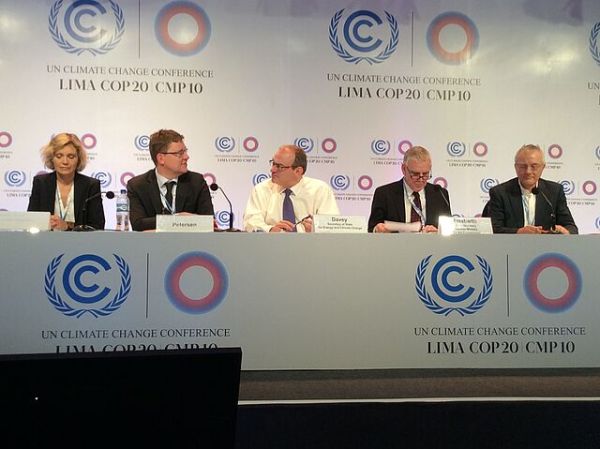Second Call: Germany and the United Kingdom announce four bids pre-approved for funding from the NAMA Facility’s second call for projects

UN Climate Change Conference Lima COP20
All project outlines submitted during the second call were evaluated against the NAMA Facility’s transparent selection criteria, which ensure that the most ambitious and promising NAMAs would be selected for funding. In addition, an external assessment to ensure a rigorous, transparent and unbiased evaluation was conducted.
These projects will now enter into the appraisal process phase which will be conducted by the respective delivery organisations. Upon successful conclusion of the in-depth appraisal, the delivery organisations will submit their detailed NAMA Support Project Proposals.
The NAMA Support Project in Burkina Faso addresses biomass use as one of the main drivers of deforestation at the national level. By addressing both the supply and the demand side of biomass for energy use, the project has the potential to attain 41 per cent of the national emission reduction target. By introducing results-based payments, it also demonstrates an innovative financial mechanism to make sustainable biomass economically viable and to allow for the measure to be scaled-up.
The proposal submitted by Tajikistan focusses on the rehabilitation, conservation and sustainable management of forests. At the same time it provides positive benefits for climate change mitigation, conservation of biodiversity and the livelihoods of local people, including through the creation of jobs.
The proposal from the Government of Peru seeks to decrease greenhouse gas emissions in the transport sector by providing high-quality public transport for everybody and by optimising the vehicle fleet in several municipalities, including in Lima.
The objective of the proposal from Thailand is to sustainably transform the production and use of refrigeration and air conditioning appliances for domestic and commercial air conditioning and refrigeration. By introducing modern cooling technologies, this project will reduce Thailand’s GHG emissions by 0.6 per cent per year. The equivalent annual reduction by 2030 will be 6.4 per cent. Hence, this project can make a significant contribution towards reaching Thailand’s mitigation targets.
